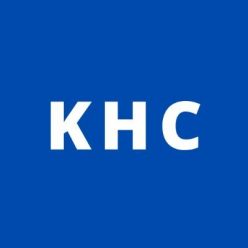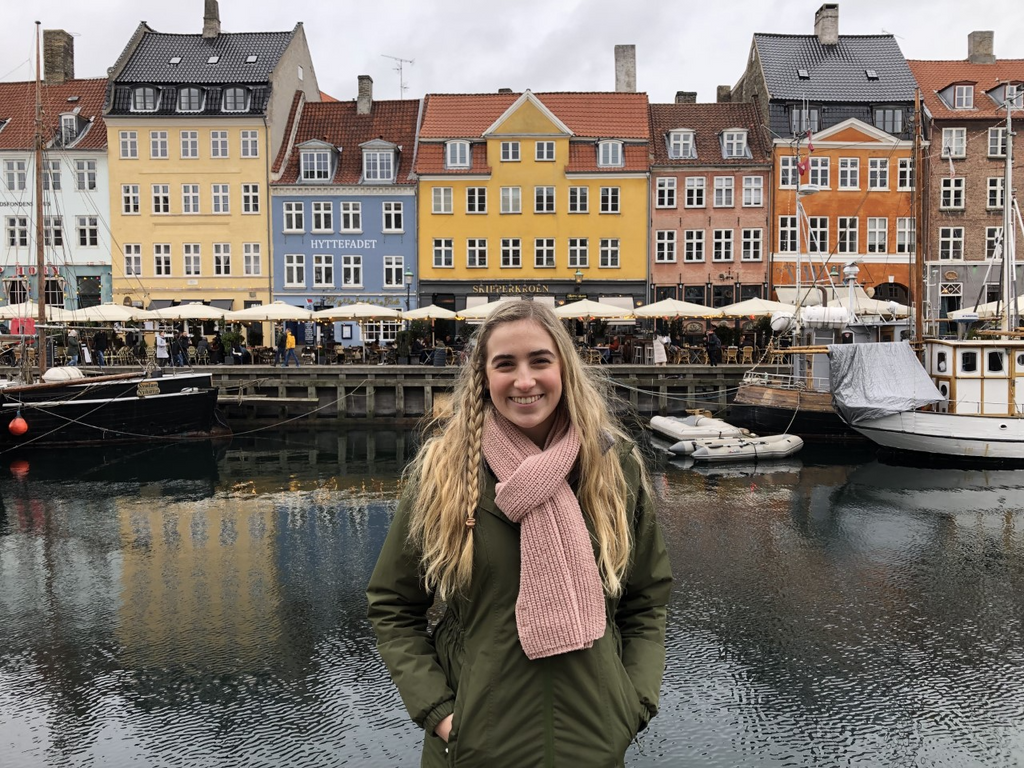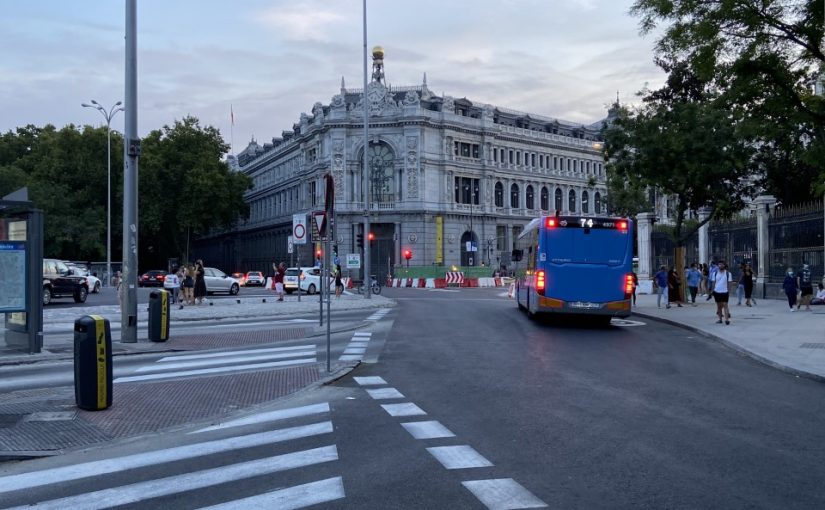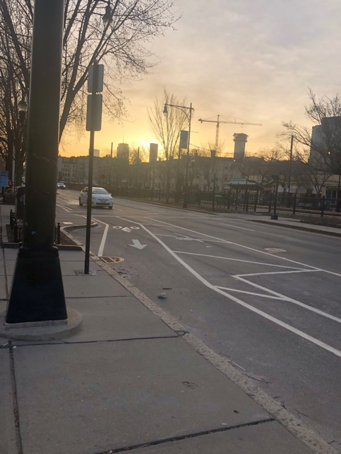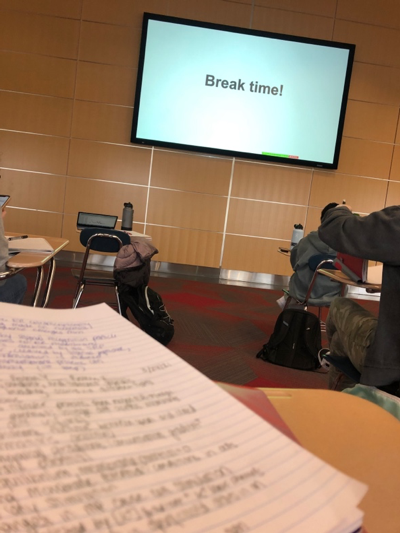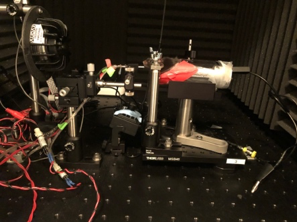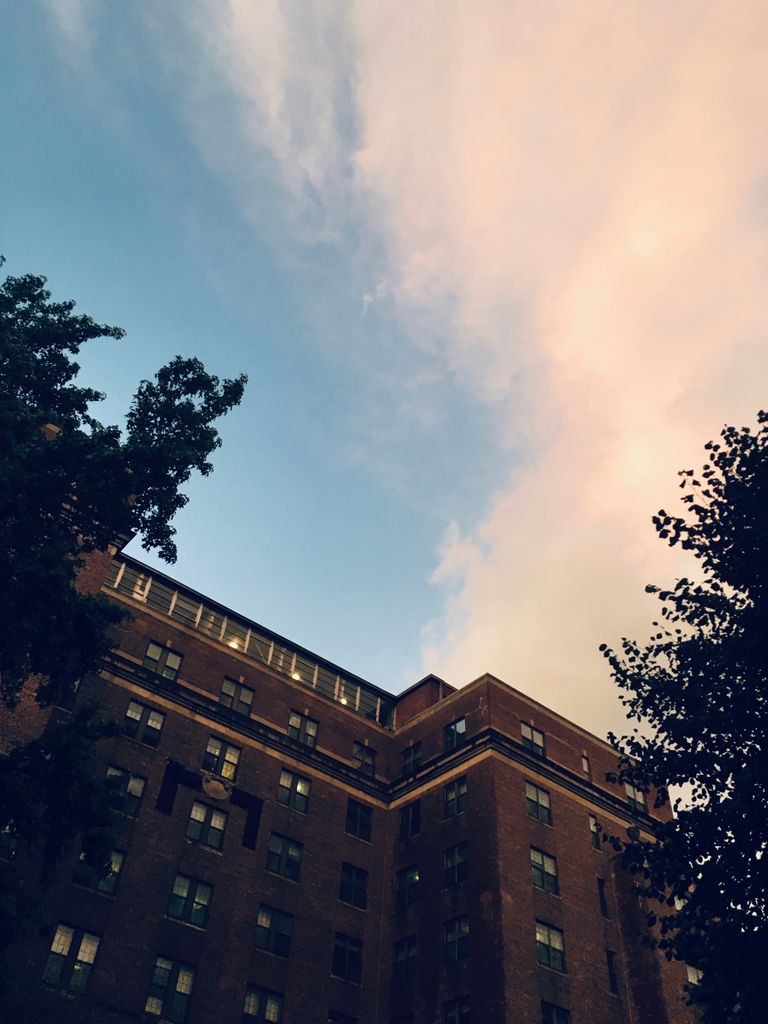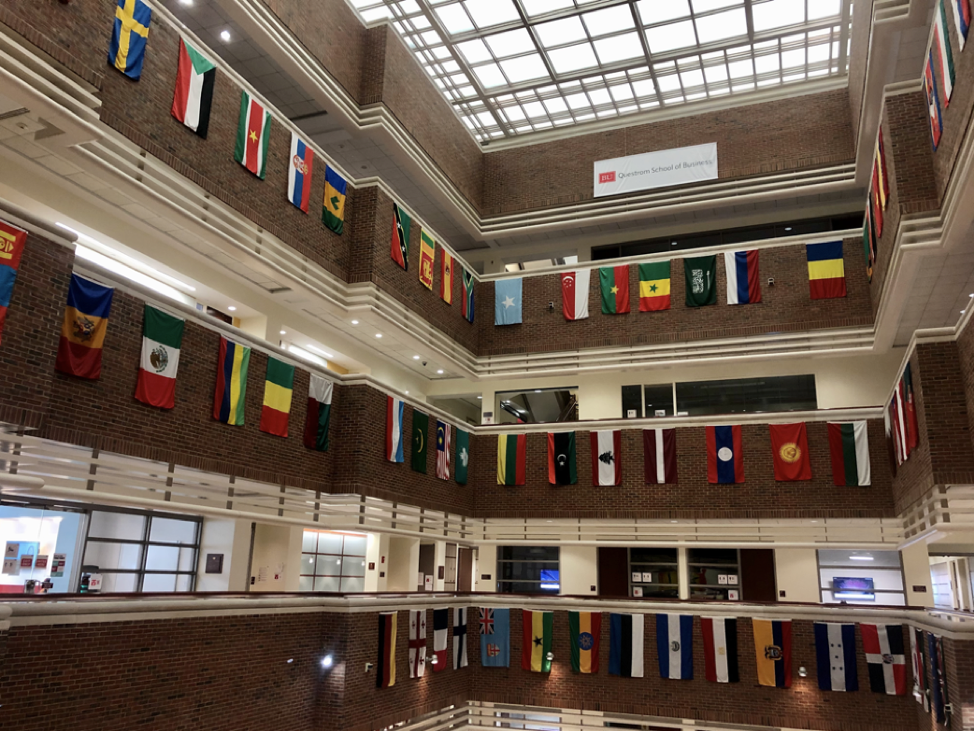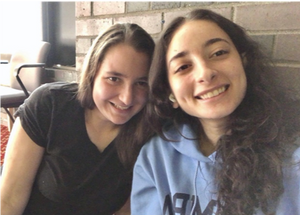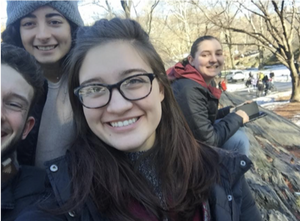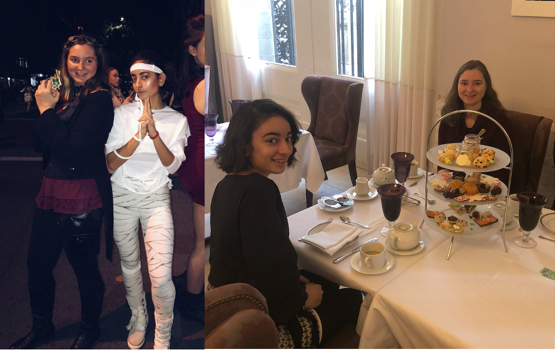Brianna Spiegel (SAR’24)
Hopefully, the title didn’t give you too wrong of an impression – I do love medicine. I’m excited to spend my life helping people live the healthiest lives they can. I love science and all of its nitty-grittiness: connecting cell-signaling pathways, figuring out reaction mechanisms, understanding how big systems in our body supply fuel to every cell.
But sometimes, pre-med classes can be exhausting.
Huge lecture halls. Always a sea of unfamiliar faces. Clicker questions. Long computer-based tests.
Day in and day out, most of my STEM classes have functioned in this way. And while I am grateful to my professors for making the best of this format and teaching me so much, I often find myself longing for the days of my freshman year at Kilachand.
For my first required seminar, I chose IR102, Spies and Terrorists of Boston, led by Professor Woodward. He is a faculty-in-residence at Kilachand Hall and a former CIA agent! This course proved to be unlike anything I ever experienced before. In contrast to my huge general chemistry lecture, for example, seminars at Kilachand are tiny: there were just about a dozen of us in the whole class. I got to know everyone so personally despite the Zoom format (it was fall 2020, arguably one of the hardest times to start college, but that is another story). And unlike individual-based assessments common to my other classes, IR102 was almost completely based on partner work. We read historical and current literature and were assigned sections to research further and present on in class as a pair. Collaboration and teamwork were the themes of the course, so being assigned a different partner each time put these principles into practice. One pair served as “maestros,” leaders in charge of organizing the pairs and coordinating rehearsals outside of class. Our presentations were actually known as “briefings”: under time pressure, we were expected to be clear, complete, and concise, always stating the BLUF – Bottom Line Up Front. And in true briefing fashion, we had to be ready to respond to tough questions on the fly. Even our exams were oral exams! As a reward for our efforts, Professor Woodward took our class on a (socially-distanced) tour of spy sites of Boston, showing us cool spots that even as a local I had never heard of before.
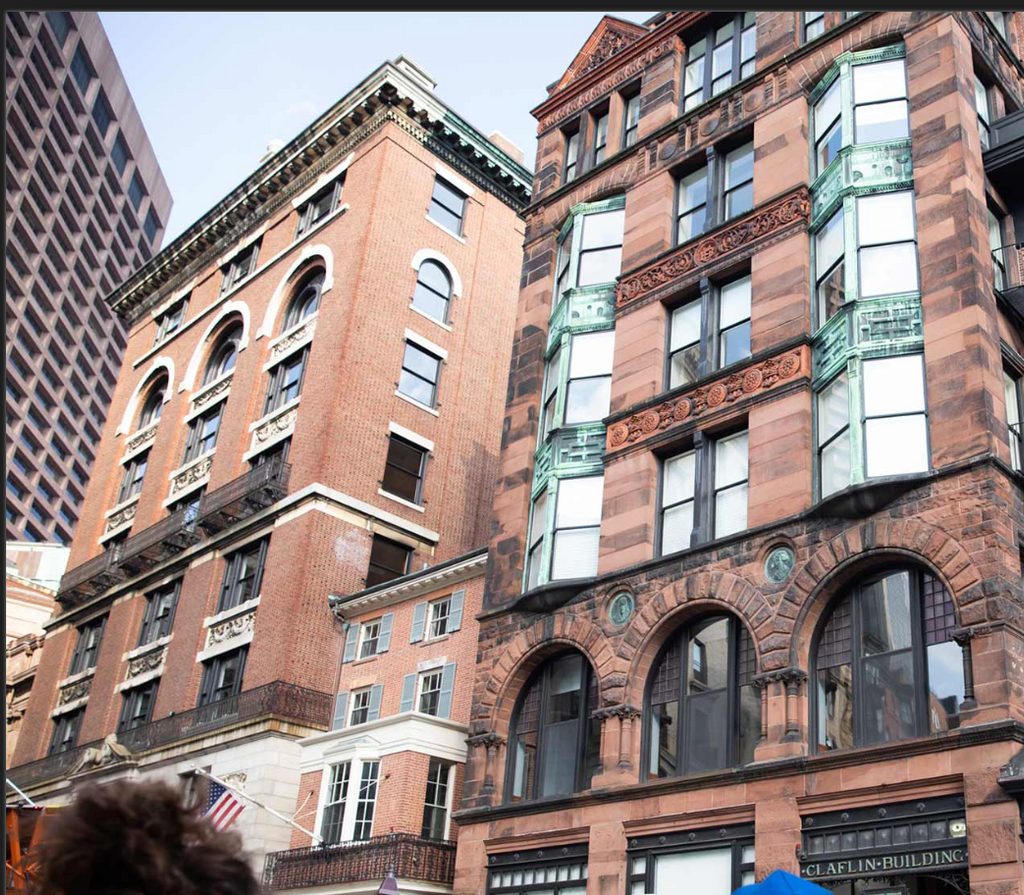
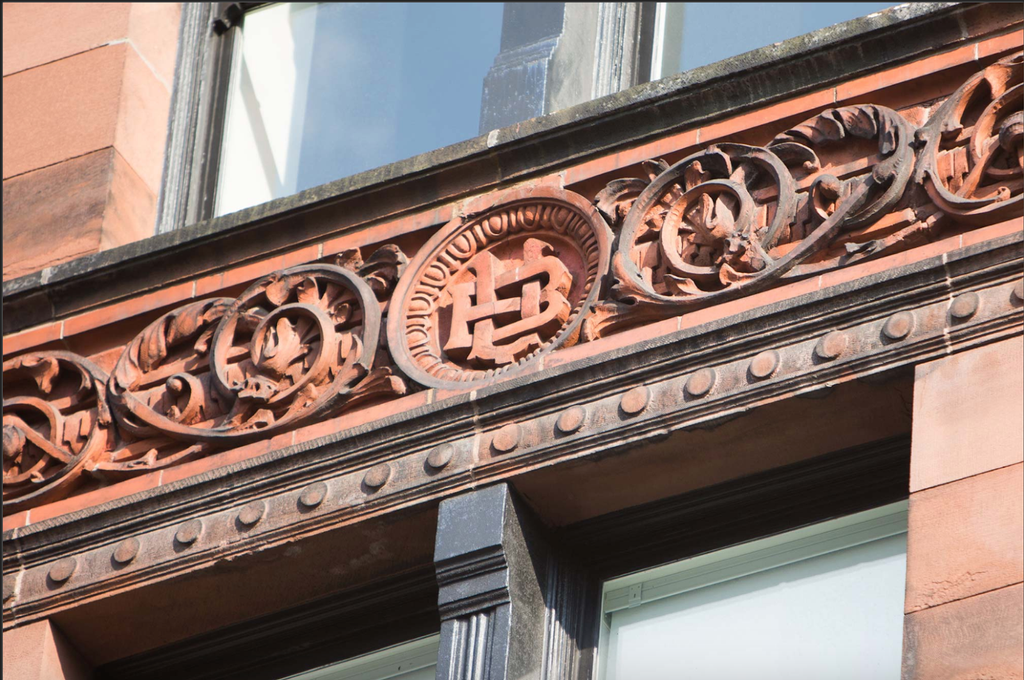
One stop on our tour was in front of this building near the gold-domed State House. This was actually the first site of BU’s College of Arts and Sciences. You can spot the BU seal if you look closely!
Image source: https://www.bu.edu/articles/2021/boston-university-history-class/
I am so grateful to IR102 both as a course, for the ways in which it pushed me to grow outside of my comfort zone, and as a community, providing me with connection in a challenging transitionary period. I highly recommend this seminar for incoming first-years!
